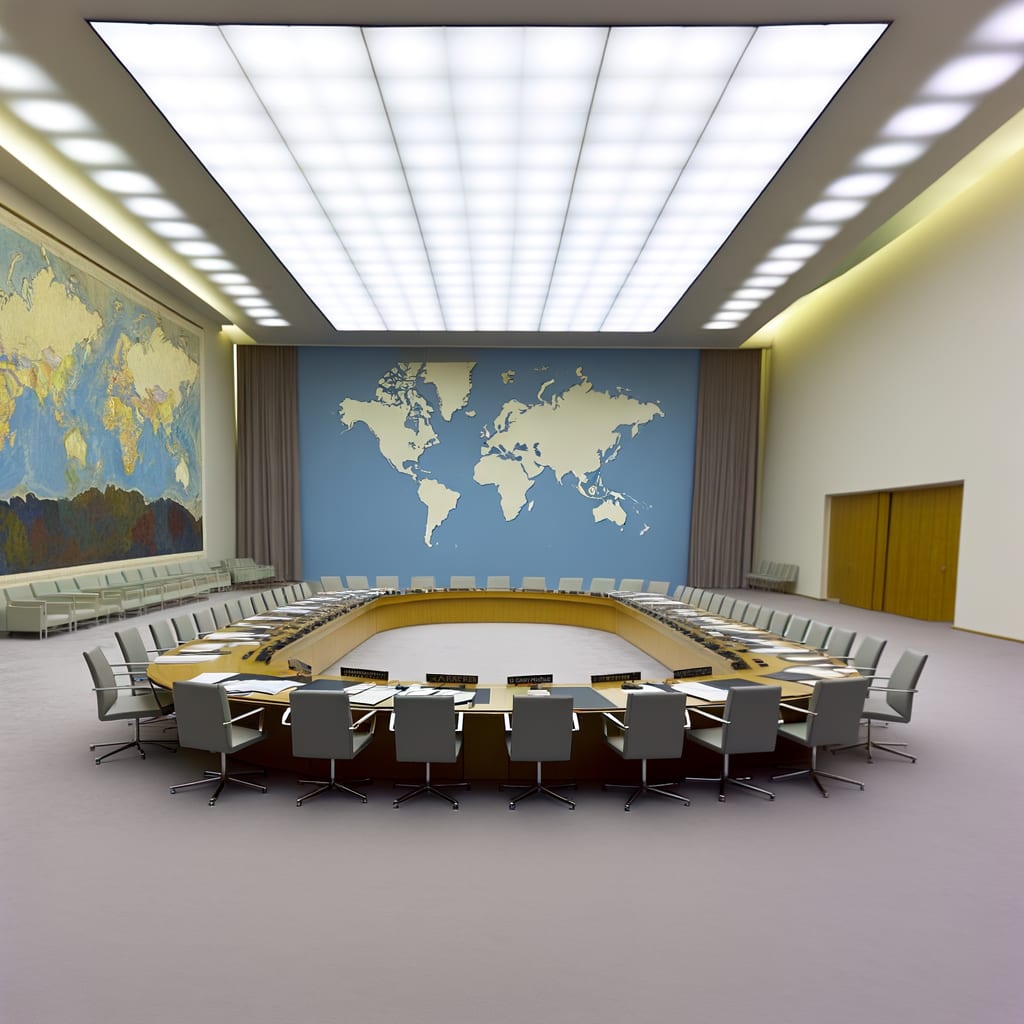Israel's Assassination of Yemeni Officials Sparks International Outrage
International tension is mounting following the Israeli assassination of Yemeni Prime Minister Ahmed al-Rahawi and several senior officials in an airstrike, which Iran and several other countries have condemned strongly. This tragic event has sparked a series of events that have further strained the already tense relations between Israel and Iran, as well as other countries.
Background and Context
The Israeli airstrike took place on a routine government workshop, leading to the death of Yemeni Prime Minister Ahmed al-Rahawi and several other officials. The Mossad, Israel's intelligence agency, is believed to have located the targets using the cellphones of Iranian Revolutionary Guards. This incident has been referred to as an instance of state terrorism
by Iran and has prompted a strong response from the international community.
Key Developments
The Houthi-run Yemeni presidency vowed to continue, undeterred by the attack, stating, We remain steadfast in supporting Gaza
(Middle East Eye). The Houthi rebels, backed by Iran, launched a retaliatory attack, firing a missile at an Israeli-owned Liberian-flagged vessel in the Red Sea. However, the missile missed its target (Times of Israel).
In the wake of these events, Iran hosted an international conference on Israeli State Terrorism
, organized by the Habilian Association. The meeting brought together experts from Iran, Italy, Argentina, and Pakistan, offering a platform for a critique of Israeli policies and international backing (Tehran Times).
Implications and Reactions
The assassination of Yemeni officials has drawn widespread condemnation. Iran's President Pezeshkian called for immediate international action against Israel, describing the act as a sign of rogue and lawless behavior (IRNA English). Iran's Foreign Minister Araghchi echoed these sentiments, branding the assassination as a heinous crime
and urging international action to bring Israeli officials to justice (IRNA English).
In addition, Iran's intelligence claimed to have unveiled the identities of Israeli drone operators involved in the attack, highlighting Iran's efforts in penetrating Israel's drone network (Tehran Times).
The Houthi rebels have also promised revenge for the Israeli strikes, with thousands attending a mass funeral for the slain officials (Deutsche Welle). The Iranian military chief condemned Israel's action, describing it as a reflection of growing fear over the expanding resistance against the regime in the West Asia region (IRNA English).
Conclusion
The assassination of Yemeni officials by Israel has stirred up fresh conflict in the already volatile Middle East region. The international community is now faced with the task of addressing this crisis and curbing further acts of aggression. As the situation continues to unfold, the world watches closely, hoping for a peaceful resolution.

